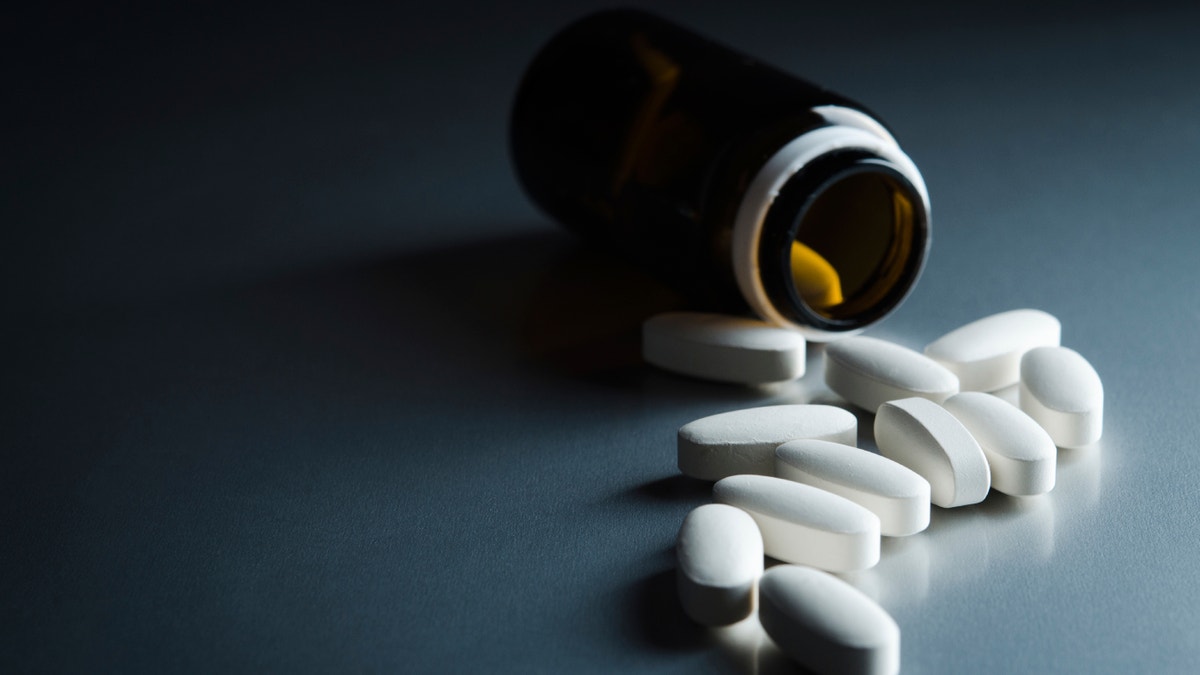
medical bottle and pills on background (iStock)
It’s an old story but a very sad one. A celebrity is rumored to have died of a drug overdose and the world mourns. And, of course, media outlets and the public in general become aware—ever so briefly—that we, as a country, are in the midst of a drug crisis—more specifically an opiate abuse and overdose epidemic.
But while it’s incredibly sad that a celebrity like Prince may have died of an opiate overdose, the even sadder news is that mothers, brothers, sons and daughters are dying every single day of prescription drug overdoses. Not just limited to the stereotype of “street junkies”, opiate abuse and death can affect anyone: Less than 3 weeks ago, my twin sons’ 28-year-old triathlon-winning, physically fit second grade teacher was found dead in what the local newspapers described as an opiate overdose. Indeed, most Americans know someone or know a family that’s been touched by this deadly plague.
The celebrity deaths, while horrible, can help raise awareness to a larger societal problem.
The facts:
According to the CDC 78 Americans die every single day of an opiate drug overdose—and over half of those deaths are from doctor-prescribed opiate pain medications like Percocet (allegedly the medication found with Prince), Vicodin, Oxycontin and Fentanyl.
Drug overdose is the leading cause of accidental death in the US, with 47,055 lethal drug overdoses in 2014. Of those deaths, a whopping 18,893 overdose deaths were related to prescription pain relievers. That number is roughly the same number as a sell-out crowd at Madison Square Garden.
Even more unsettling than those statistics is the trend: Since 1999, the rate of overdose deaths involving opioids, including prescription opioid pain relievers, has nearly quadrupled. That’s right: In 25 years, the opiate death rate has quadrupled. The not so shocking corollary to that horrible trend? Since 1999, the amount of prescription opioids sold in the U.S. has also nearly quadrupled. Indeed, 90 percent of the entire world’s pain prescriptions are written right here in the good old U.S. of A. Can we see a connection? It is readily apparent that the more pain prescriptions doled out, the more people seem to be dying from prescription overdoses.
But why is there this exponential increase in opiate prescriptions—are we in so much more pain as a country? Of course not. According to research, there has not been an overall change in the amount of pain that Americans report. What there has been is an increase in the influence and growth of pharmaceutical companies that are developing ever-more powerful medications that numb pain and that can get people hooked.
To be clear: there are, of course, people who need pain meds. By all accounts, Prince was one of those people who, as a result of the pounding that his hips and knees took with his dynamic performances, was indeed in chronic pain.
But in my work with recovering addicts at the Dunes, where I’m Executive Director, I’ve had housewives and business executives that have come into treatment horribly addicted to prescription opiates after some type of surgical procedure indicating that their prescriber never properly warned them of the addictive potential of these powerful drugs. Indeed, many medical doctors will tell you that during their six years of medical school training, one or perhaps two days are devoted to addiction training.
Compounding the problem, there is no objective way for a physician to measure pain: it’s all client self-report. So it becomes increasingly difficult for a doctor to discern the genuine pain management patient with the addicted opiate addict exaggerating their pain to manipulate getting another prescription.
We have a problem.
Yes, we all know of the famous heroin overdoses—heroin has become the drug most commonly associated with images of drug addiction and death in the public psyche. And, sure enough, heroin has claimed the lives of such shining stars as River Phoenix, John Belushi, Chris Farley, Janis Joplin, Jim Morrison and Philip Seymour Hoffman.
And yet heroin’s legally prescribed cousin—pharmaceutical opiates—kill more people every year than heroin does.
Let us mourn Prince. But let us also mourn all of the other 78 people who will die today of an opiate drug overdose and let us, as a nation, ask our doctors to be more careful and to educate us more about the medications that they are prescribing to us or our loved ones.
